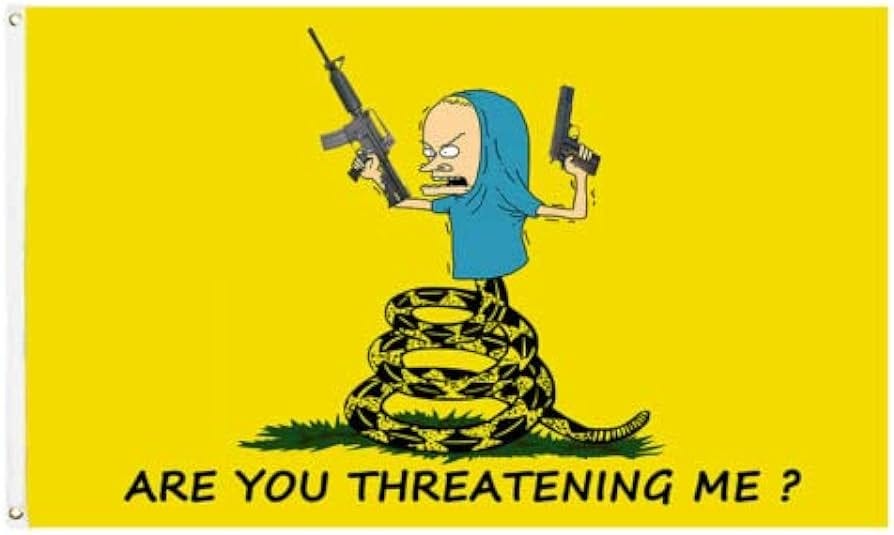3/11 Four Years On: Our Demolished Social Trust
I attended a memorial service at a church in Brooklyn last week, and noticed prominent masking guidelines posted in the vestibule. The attendees, including myself, were mostly unmasked. We understood that this sign was not the current policy, but one of the many leftover pieces of pandemic infrastructure that we see on a daily basis but don’t react to.
This daily experience is a metaphor for our current relationship to the pandemic. It’s effects have not disappeared, but we mostly just don’t pay attention. I get it, after such a traumatic and disruptive experience we are all excited to get on with our lives again. The problem is that the pandemic still negatively impacts our lives, but our desire to forget all about it blinds us to its continued effects and makes it difficult for us to properly respond to the situation.
Today is 3/11, the day I use to mark the start of the COVID-19 pandemic. Obviously, it was raging before that day, but that was the date that it was declared and things started shutting down en masse. Each year since 2020 I have used this day to mourn and remember the dead, and to contemplate the changes COVID continues to bring to our lives.
Four years on COVID’s main impacts have to do with exacerbating pre-existing trends rather than creating new ones. This year I am seeing that most clearly with the loss of social trust, something I have been able to observe all through my Gen X life. I was born in the mid-1970s, a time when hitchhiking went from a common activity and rite of passage to a scary proposition. In the early 80s strangers were dangerous, Halloween candy deadly, and Tylenol poisoned (never mind the realities.) Satanists and drug pushers lurked everywhere and casual sex could kill you (at least the latter was a genuine concern.) Soon fewer and fewer children were walking to school or even being out in public spaces unsupervised. Exurbs sprouted and the literal space between neighbors grew. People started wearing holstered guns in public.
Plenty of trees were felled discussing these trends in magazines and books like Bowling Alone over the years. The pandemic took this perilous drop in social trust and catalyzed it in a social chemical reaction that still hasn’t stopped. The change came from those both unconcerned and hyper-concerned about COVID. Some of the latter still wear KN95s in public to this day and shun public gatherings as much as possible. The former have mainstreamed anti-vaccine politics, leading to new outbreaks of measals and mumps and the Republican Party’s nominee promising to defund any school with a vaccine mandate.
It depresses me to no end that we managed to quickly develop COVID vaccines that saved so many lives and the result has been to weaken vaccination. It happened because our society was already primed by polarization, paranoia, and a lack of social trust to reach this result. Similarly, despite direct cash payments during the pandemic effectively slashing child poverty, the government did not maintain that policy because our pre-existing tendency towards punishing the poor never went away. As Marx once said, “Men make their own history but not under circumstances of their choosing.”
We need to contend with the consequences of this supercharged social mistrust. Any politics based on collective action and public benefit needs to concentrate on how to break through it. Social mistrust is a highly reactionary force, from immigration to vaccination to housing. The cynicism of our media and the wealthy classes don’t make improving this any easier. Neither does the fact that most phone calls and emails I receive are scams at worst or cash grabs at best.
This is the part where I am supposed to make my altar call and provide a solution, but I don’t really have one yet. Finding one is going to be the key to a brighter future. I just wish I knew how to get there.



